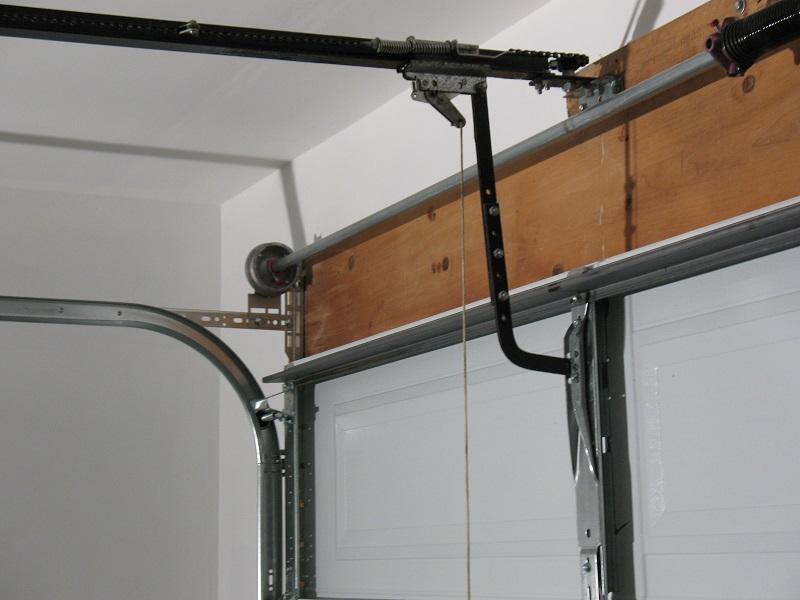Your garage door’s springs play a crucial role in its operation. They counterbalance the weight of the door, making it easy to open and close. If you’re wondering how many turns are required for a 14 ft garage door spring, you’re not alone. The number of turns needed depends on various factors, and in this article, we’ll delve into the details to help you understand the dynamics of garage door springs.

Understanding Garage Door Springs
Garage door springs come in two primary types: torsion springs and extension springs. Torsion springs are the most common and are typically found above the garage door, while extension springs are located on either side of the door. The number of turns required specifically pertains to torsion springs, which are wound to store and release energy when the door is operated.
Determining the Number of Turns
The number of turns needed for a 14 ft garage door spring depends on several factors, including the weight of the door, the type of torsion spring, and the size of the drum.
1. Door Weight
The weight of the garage door is a fundamental factor in calculating the number of turns for the spring. Heavier doors require more tension to balance, so the spring needs more turns. On the other hand, lighter doors need fewer turns.
2. Type of Spring
Torsion springs come in different wire sizes and lengths, and the type of spring you have will impact the number of turns required. For example, a spring with a larger wire size may need fewer turns compared to one with a smaller wire size to achieve the same amount of tension.
3. Drum Size
The drum, which is the circular component around which the cable winds, also plays a role in determining the number of turns. A larger drum can reduce the number of turns required to balance the door, while a smaller drum may require more turns.
Professional Evaluation
Calculating the exact number of turns for a 14 ft garage door spring can be a complex process. It involves precise measurements, knowledge of the door’s weight, and understanding the specific spring’s characteristics. As such, we recommend consulting a professional garage door technician for this task.
A professional technician will consider all the relevant factors and perform the calculations accurately. They will also ensure correct tensioning of the spring, preventing potential safety hazards associated with improper installation.
Safety First
Working with garage door springs can be dangerous, as they are tightly wound and store a significant amount of energy. An incorrect adjustment or mishandling can result in serious injuries. It is essential to prioritize safety by:
- Avoiding DIY adjustments if you’re not experienced with garage door springs.
- Hiring a qualified technician to inspect, adjust, or replace the springs as needed.
- Regularly scheduling professional maintenance to ensure the springs and the entire garage door system are in good working condition.
Conclusion
The number of turns for a 14 ft garage door spring depends on factors like the door’s weight, spring type, and drum size. To ensure safety, consult a professional technician for accurate tension adjustment. Prioritize safety when handling garage door springs, and professional expertise ensures smooth, safe operation.



Leave a Reply